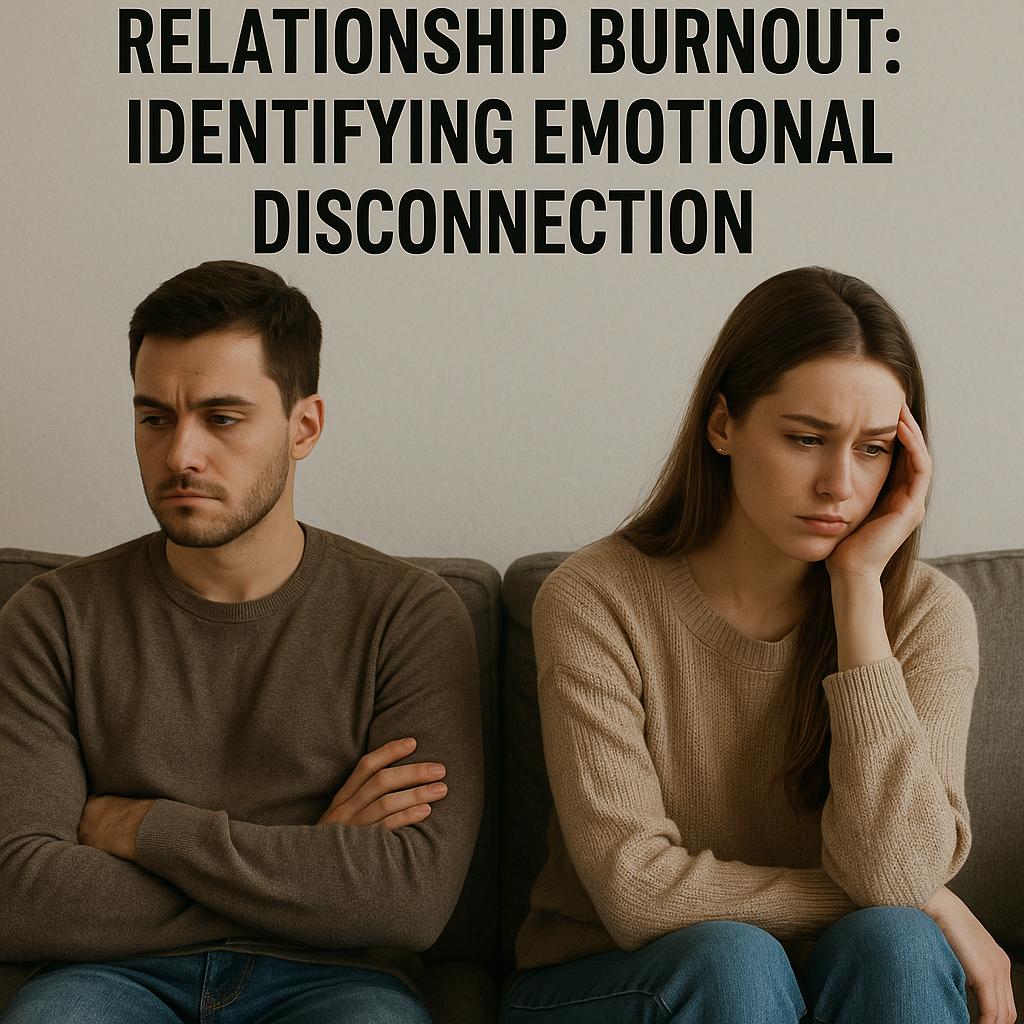In the first two articles of our 9-part series, you met David and Amber, who admitted they had no patience, no plan, and no clue for how to parent 15-year-old Johnny, who struggles with ADHD and chronic challenging behavior.
I am using Collaborative Problem Solving® to help this brave couple resolve the underlying problems that caused Johnny’s challenging behavior—something they have not done until now!
Today’s Problem: Quick Fixes Fueled By Conventional Wisdom
As with most parents I meet, David and Amber juggled numerous responsibilities while dealing with stressful jobs, limited resources, and a solid reliance on “quick fixes” to manage Johnny’s chronic, challenging behavior.
Unsurprisingly, I learned how those methods drained their energy, destroyed their peace, and increased “the insanity in our home!”
On one side, David and Amber were under the influence of conventional wisdom—and how it interfered with helping their behaviorally challenging son.
On the flip side, they began to recognize how the stress associated with having ADHD impacts Johnny’s behavior each day.
Thankfully, books written by Trailblazers like Dr. Jerome Schultz showed them that kiddos like Johnny often disengage—or actively reject—the demands placed on them in school to protect themselves from the intense stress that engulfs their school experiences.
Hence, their challenging behaviors (disruption, defiance, disengagement) are adaptive stress responses rather than poor choices.
A Point To Ponder
As David and Amber tried to solve the “misbehavior” problem with rewards and consequences, they accidentally and unintentionally did so—at the expense of the stress behavior that caused it.
By meeting with me, they were starting to recognize a deeper and more disturbing truth. Their best efforts (fueled by conventional wisdom) were solving the wrong problem.
Suppose David and Amber don’t shift to Collaborative Problem Solving®. In that case, they are likely to persist with ineffective parenting strategies that not only solve the wrong problem BUT generate even bigger problems for Johnny:
- Poor self-esteem
- Fractured relationships
- A cynical view of life
I care deeply about parents having knowledge they can use to develop effective parenting skills that help the Johnnys of this world overcome their obstacles. As such, I need to help David and Amber ditch their lingering guilt about not being perfect and acquire that foundational knowledge.
As I continued to guide this brave couple, David and Amber started to recognize that something (Stress? Skill struggles? Unwillingness? Inability?) was getting in the way of Johnny’s challenging behavior, and it was their job to help.
So, I started our session off with a brief discussion that went something like this:
The Parenting Journey Continues…
Parents and caregivers who work with challenging kiddos—especially those with ADHD—respond in predictable ways when these kiddos struggle to meet adult expectations.
Those responses create two distinct categories of kids: Lucky and unlucky.
The Lucky Kids Who Struggle With ADHD
Suppose your kiddo falls into what I call the “lucky” category.
In that case, these kiddos can use their words—especially the right ones—to communicate that they are having difficulty meeting certain expectations.
However, when these kiddos fail to use their words, they whine, pout, sulk, withdraw, complain, and cry to communicate that they are struggling to meet certain expectations.
Ironically, the kids in the “lucky” category don’t end up in time-out, whether they use their words or not.
They don’t get held back from recess or after school. They don’t get detention, suspension, or expulsion.
Even more, they don’t get pinned to the ground by two to four adults in what is still known as a “therapeutic” hold. And lastly, they are not placed in a padded room for what is known as a time of “seclusion” to get a grip on things and reduce their agitation.
These kiddos are “lucky” due to a simple yet powerful fact.
When they use verbal and nonverbal ways to communicate that they are struggling to meet adult expectations, they get recognized rather than ignored. (As you will soon discover, being recognized is a powerful trait embedded in the Collaborative Problem Solving® approach).
Best of all, these kids are met with adults who are curious instead of furious—which transforms the learning relationship.
These kiddos are lucky because they encounter adults who express empathy, curiosity, and understanding rather than imposing punitive consequences that typically activate the survival centers in the brain—and increase their stress levels.

The Unlucky Kids Who Struggle With ADHD
Suppose your kiddo falls into what I call the “unlucky” category.
In that case, these kiddos are unable to use their words—especially the right ones—to communicate that they are having difficulty meeting certain expectations.
Instead, they complain about the “stupid” assignment and ignore adults because they’re “annoying” and scream, swear, hit, spit, kick, bite, throw, destroy, lie, or demonstrate harm to themselves and others.
In extreme cases, they tend to cut, vomit, drink, or do drugs.
These kiddos are “unlucky” due to a simple fact.
They don’t get recognized when they use verbal and nonverbal ways to communicate they’re struggling to meet adult expectations.
All too often, they are ignored (and tragically misunderstood) because we used to think that strategy was the best way to motivate kiddos to comply with adult expectations.
As a result, they encounter adults who are usually furious instead of curious—and it has a profound (and negative) impact on the learning relationship.
The Unspoken Message From Rewards And Consequences
On a “good day,” their actions are met with rewards to motivate them to behave better or consequences to get them to comply, try harder, or act “normal.”
On the one hand, the unspoken message from these incentives may be spoken in friendly language:
- If you do this, then…
- When you do this, then…
But let’s be clear. Regardless of how…
- Calm the adult is, or…
- “Nice” the language sounds, or…
- Exciting the incentive seems to be…
The unspoken message continues to be loud and clear:
- Do this, or else!
One thing is for sure. Anytime kiddos are on the receiving end of “Do this, or else!” it removes something all of us long for—the ability to have a choice or a say in our fate.
Unsurprisingly, “nice” but punitive consequences are inherently threatening because they activate the brain’s survival centers, and stress levels can skyrocket into fight, flight or freeze responses quickly.
If you stop and think about it, common sense tells you that these strategies (regardless of how calm and nice you are) cause far more challenging episodes than they prevent.
The ADHD Paradigm Is Starting To Shift
As David and Amber recognized the differences between lucky and unlucky kiddos, they turned to each other in a moment of insight, learning, and self-realization.
Their face and body language showed me that something powerful was taking place.
They were using their prior knowledge and experience to form new connections. They used this discussion to compare their parenting style with the responses that the lucky and unlucky kids received.
Like all parents, David and Amber wanted to ensure that Johnny was one of the lucky kids with ADHD.
Side Note:
I love it when those moments happen in my office!
As my clients smile, look confused, furrow their brows, and look at each other for validation, each gesture signals critical thought and deeper learning.
David and Amber were gaining insight, making connections, and seeing the bigger picture more accurately, which showed me things were starting to shift.
Amber’s ah-ha moment.
Amber made a significant connection after comparing the similarities and differences between lucky and unlucky kids.
She recognized that some of her “simple” gestures at home could unintentionally threaten the survival centers deep inside Johnny’s brain.
As an example, “Hey Johnny. Feel free to go outside when your homework is completed and checked.”
Equipped with her newfound knowledge and a more accurate lens, Amber was no longer surprised by Johnny’s outbursts—or his challenging behaviors.
She better understood her beloved son—his challenging behavior is an adaptive stress response. It’s how he copes… and it made her well up with emotion.
Moments later, I watched David and Amber turn to each other. As a spark of hope began to rise between them, David reached for Amber’s hand—and they hugged each other firmly, gazed into each other’s eyes, and smiled with relief.
Closing thoughts
As I help David and Amber discover how to relate to Johnny more effectively, I invite you to read my next article, which reveals our path to unlocking his full potential.
By the end of this series, you’ll discover how they adopted the Collaborative Problem Solving® approach (CPS) to help strengthen the thinking skills Johnny needs to thrive.
ADHD Counseling in Tustin, CA
If you can relate to David and Amber, you know that managing chronic, challenging behavior shouldn’t be so hard. Discover how to transform life in your living room (or classroom) with ADHD or ADD counseling in Tustin, Ca. I would love to be your guide!







